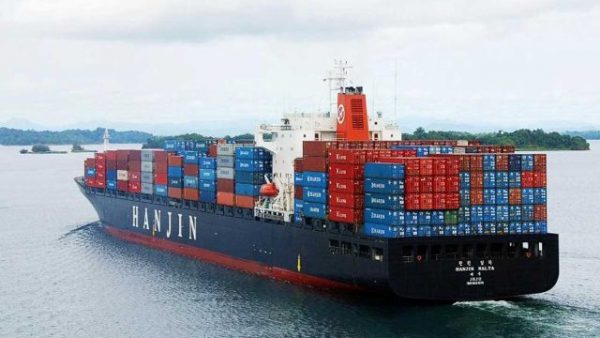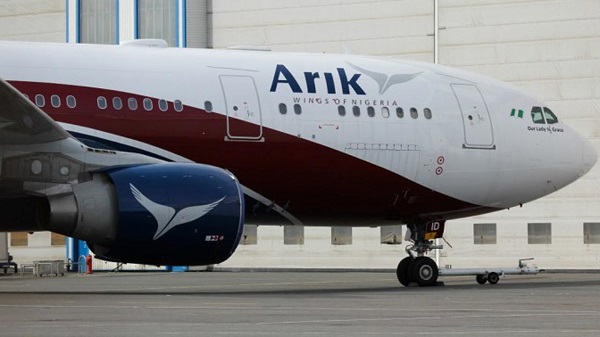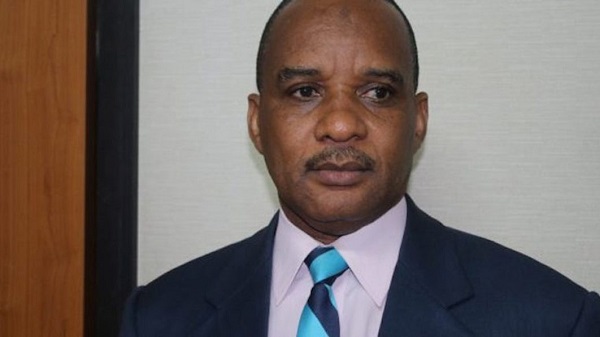How Shippers’ Council Saved $78 million Undue Profit Repatriation By Foreign Firms
CBN to renew Nigeria-China currency swap agreement next year
The Nigerian Shippers’ Council (NSC) has saved the nation a whopping N133billion, which is about $78million from unnecessary profit repatriation by multinational shipping firms in the maritime industry.
Meanwhile, as the struggle to save the Naira continues, the Central Bank of Nigeria (CBN) is planning to renew and strengthen the currency swap agreement between Nigeria and China.
According to the Executive Secretary and Chief Executive Officer (CEO) of NSC, Barr. Pius Akutah, while this represents the financial record for year 2023 and 2024, he noted that the feat was achieved through the application of technology.
“We came up with an application to help us to ascertain the reasonableness of charter party and tariffs because the Central Bank of Nigeria, CBN gave us a role to play in ascertaining the reasonableness of companies’ requests when they want to repatriate profits.
Akutah who spoke with MMS Plus in an exclusive interview added, “We have to ascertain what is reasonable. With that app we were able to save about N60 billion last year. In this year we have already saved N33 billion. By the end of the year we would have hit N40 billion. The other day we demonstrated it with the Minister and he was very impressed. We are going to discuss with the CBN governor so that we can have that hand shake and then the app will be fully launched so that it can be the only way to confirm reasonableness of the requests.”
Capital flight is one of the major indices of corruption in Nigeria’s Maritime industry which is dominated by foreigners and this feat has had significant effect on curbing the pressure on the naira against the dollar in foreign exchange market.
Banking on the gains of the application that saved the capital flight, Akutah added:“We want to go paperless and we have started building a brand new data bank for the agency because we know that in today’s world data is everything. We want to be able to have data that is accurate, reliable and will give us the right information about what we are looking at. For instance, since I came in, we put the issue of tariff review on hold because we know what is happening in the economy. We will not grow the economy through incessant tariff reviews lest we chop the economy and kill businesses completely. How do we even ascertain that tariff review is needed when we don’t have adequate data; data that is very reliable that will give us informed judgment about tariff reviews? When we have this it is going to help us going forward.
On his achievement in one year in office, “There are so many other milestones in the pipeline. We have visited most of the zonal offices. We have met with stakeholders and doubled our stakeholder engagements to be able to gather information that can help us organize our affairs properly to serve them better” He said
Moreover, the Nigeria-China currency swap agreement is to be renewed in 2025, according to the CBN. Although, it has not curbed the pressures on the exchange rate and external reserves of Africa’s largest economy, as envisaged six years ago.
Barr. Femi Falana alleged that the World Bank and the International Monetary Fund(IMF) had told the former CBN governor, Mr. Godwin Emefiele not to allow the currency swap to work.
In his words: “ I confirmed that the IMF and World Bank told Emefiele not to allow the currency swap to succeed. I wrote to CBN under the Freedom Of Information Act. And CBN has replied me that the process is still on and would be renewed next year. This should have removed the burden of Nigerians looking for dollars.”
In 2018, the CBN signed a bilateral currency swap agreement with the People’s Bank of China (PBoC) worth about $2.4 billion. In local currencies, the swap was worth 15 billion renminbi or N720 billion.
The deal was expected to reduce the demand for US dollars by Nigerians importing from China and consequently strengthen the value of the naira. The deal was aimed at reducing certain barriers for Nigerian importers of goods from China and reduce the cost of transactions in multiple currencies.
The currency swap deal was to reduce pressure on the country’s external reserves and ensure foreign exchange stability.
But the pressure on the exchange rate has persisted at the foreign exchange market since the signing of the bilateral currency agreement.









